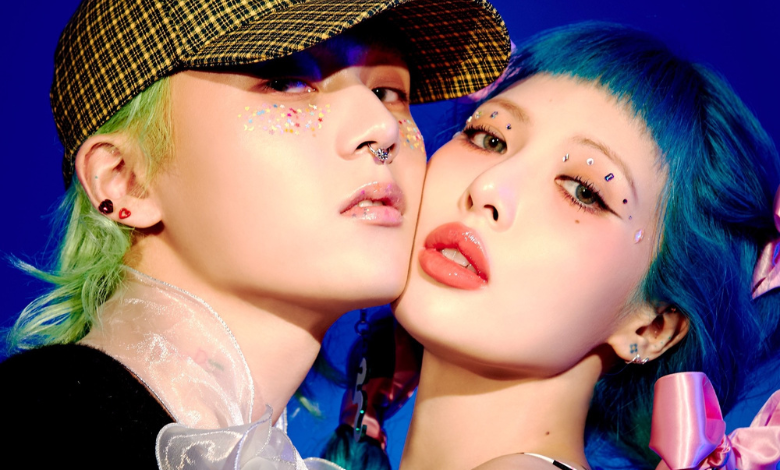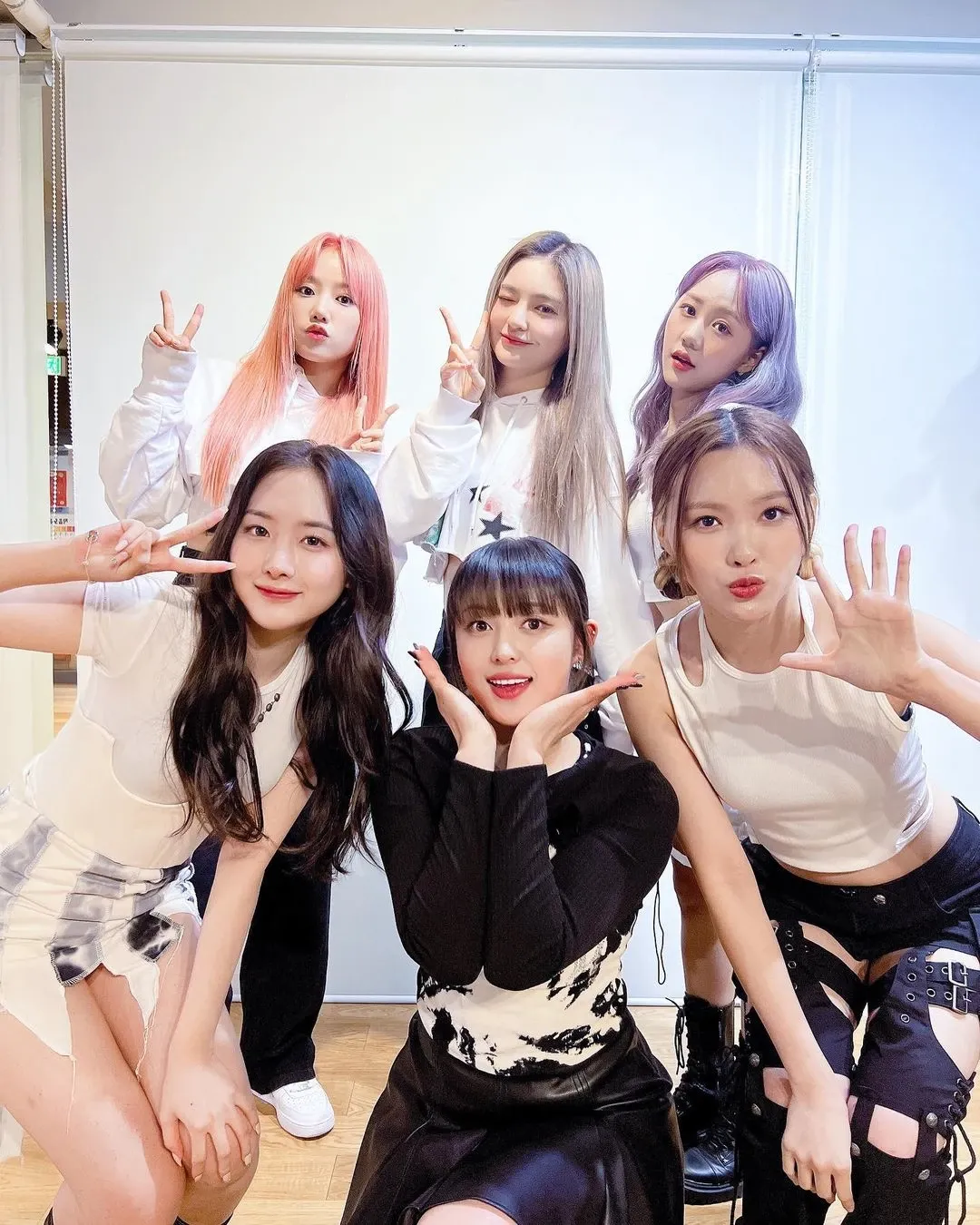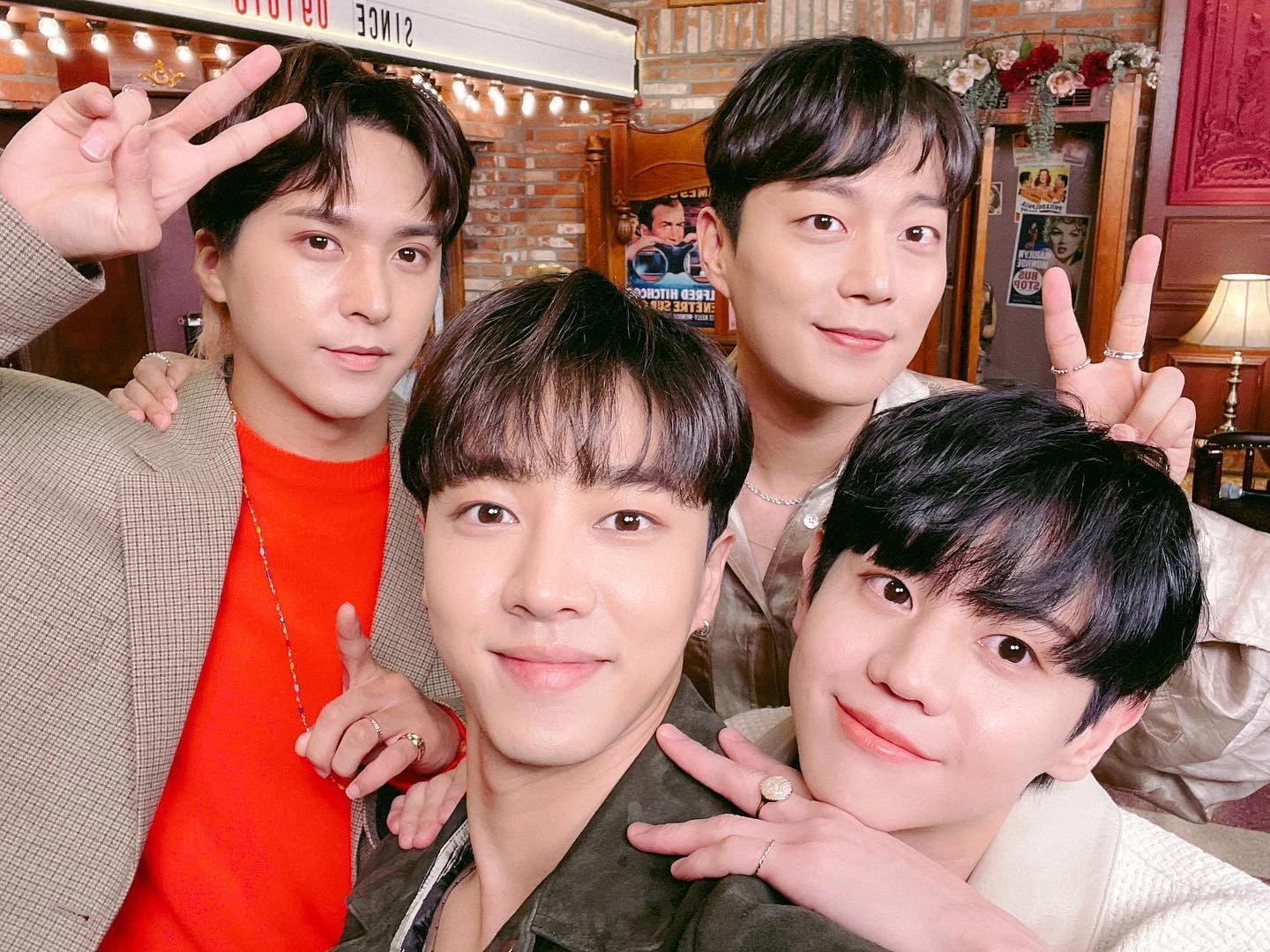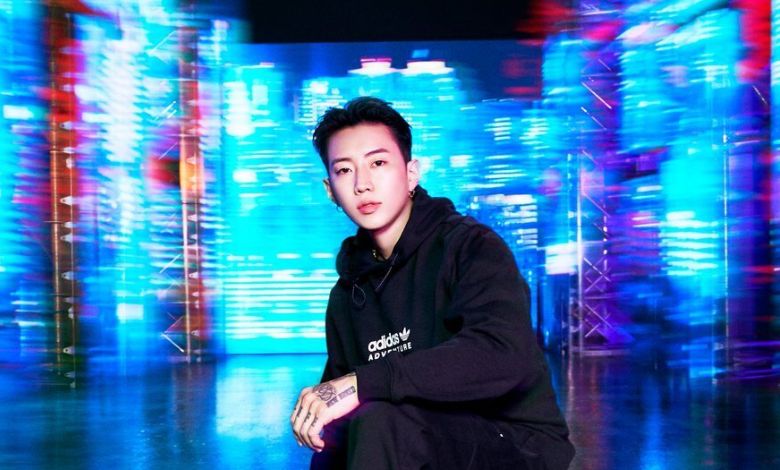Each year, the K-pop industry is rocked by news of idols parting ways with their agencies. Some leave shortly after debut, while others wait until the end of a successful 7- or 8-year contract. One of the most talked-about recent departures was NMIXX’s Jinni, who left JYP Entertainment just one year after debuting. Her exit sparked widespread speculation and concern from fans, reigniting conversations about what truly drives Kpop idols to make such decisions.
Most recently, NewJeans’ legal battle against their own label, ADOR (a HYBE subsidiary), has reignited public discussion on why idols choose to walk away or in some cases, fight for freedom through the courts.
Former Kpop idol Tina (ex-Blady) addressed this issue in a YouTube video, where she broke down the most common and brutal reasons behind these exits. Let’s take a look at the 7 main factors.
Unfair Contracts and Lack of Payment
One of the most common reasons idols leave is financial. Many fans are shocked to learn that even successful-looking idols often don’t get paid for years. Under the “debt system”, trainees must repay the costs of vocal lessons, dance training, housing, food, and even makeup — all before they see a cent.
Even after debut, if an idol’s group doesn’t generate high profits, they may still not break even. Tina shared that she trained and performed for years without a paycheck.
This situation causes immense stress. For idols who debuted young, watching their twenties go by without financial independence can be disheartening. It’s often during contract renewals that these financial frustrations lead to a clean break.
Lack of Exposure or Company Support
Kpop is highly competitive. And while some groups get major promotional pushes, others barely get noticed. Many idols leave because they feel their agency isn’t doing enough to support or market them.
Even in top-tier companies like JYP, some idols don’t receive consistent promotion. Jinni’s departure sparked concerns that, despite being under a “Big 4” label, she wasn’t given enough time or support to shine. Some fans believed her role in the group was not being fully developed or backed compared to others.
This uneven treatment creates frustration — especially when idols know their potential is being overlooked.
Favoritism and Unequal Treatment Within the Group
While every idol group promotes unity, the reality can be far different. Agencies often focus their energy and budget on one or two members — usually the “center” or visual. This can leave others sidelined, appearing less in music videos, interviews, and photo shoots.
This imbalance breeds internal dissatisfaction. Members begin to feel like background dancers rather than valued artists. It’s not uncommon for these idols to leave and pursue solo careers where they have more control and attention.
Fans have long observed favoritism in many groups, and though it’s rarely discussed openly, it remains a significant driver of departures.
Lack of Creative and Personal Freedom
Behind the glamorous image of idols is often a tightly controlled life. Agencies dictate nearly everything — from what idols wear and say, to what they post online and who they date.
Many idols leave when they feel creatively stifled. They’re unable to write their own songs, make styling choices, or explore other talents like acting or composing.

Tina revealed that some agencies even prevent idols from hanging out with friends or using their phones freely. These strict rules can eventually lead to burnout and a desire for more independence.
Jinni’s exit led many to speculate she may have simply wanted more control over her life — be it personally or professionally.
Changing Career Goals or Loss of Passion
Most idols spend most of their time on music, but many of them also pursue other fields such as acting, variety, MC, YouTube, advertising, or even real estate and business. According to Tina, many idols begin to be more interested in other fields and lose interest in pursuing their career as an idol. In the end, they decide not to renew the contract with agencies to find another company or follow the direction they want.



Contract Disputes or Better Offers from Elsewhere
When it is time to renew the contract, entertainment companies and Kpop idols will sit down to discuss carefully about why and why not to extend. Now management companies often give their artists much better contract terms than they originally were. Whether it involves more creative freedom or better profit sharing, these benefits are ways for companies to convince their best artists to stay.
However, not all the time idols are promised such good terms. Some want companies to fulfill their A or B conditions, but companies think that is not appropriate. Others argue that the interests of one company are not as attractive enough as another. Eventually, the discussion ended with no one to re-sign.
No Longer Needed In The Company
This may sound cruel, but the fact that there were many Kpop idols left because the company did not need them anymore. Tina said that very few companies bear losing the money and effort they put into an idol. However, there are times when they are very determined to let an idol go. Some of the reasons may include: They want to replace that idol with a younger or better one, they want to change business direction, because of poor finance, etc.
In particular, when a company sees that the idol’s personality and personal life are no longer suitable for being an idol, the company may ‘kick’ this member out of his or her group for the common good to avoid causing controversy in the future.
No Longer Needed In Their Own Groups
Getting kicked out by the company is already harsh, but this last reason is the most unfortunate. There are many cases where idols leave because they cannot get along or have arguments with other group members. Whether it’s a matter of bullying or simply disliking each other, no one can stand this ‘hostile’ environment even if they want to continue to be an idol.

In addition to internal conflict within the group, there are also a few idols who leave because they have problems getting along with the company’s CEO or the staff. However, there are also many idols who can ‘endure’ this. They just couldn’t stand being left out because of the hatred by the other members, so they decided to leave in the end.
Leaving an agency is never an easy decision. Behind the glamorous image of K-pop lies a demanding system where only a few thrive — and many struggle quietly. From lack of income to loss of identity, idols walk away for deeply personal and often painful reasons. As fans, understanding their choices means supporting not just their careers, but their well-being.







